
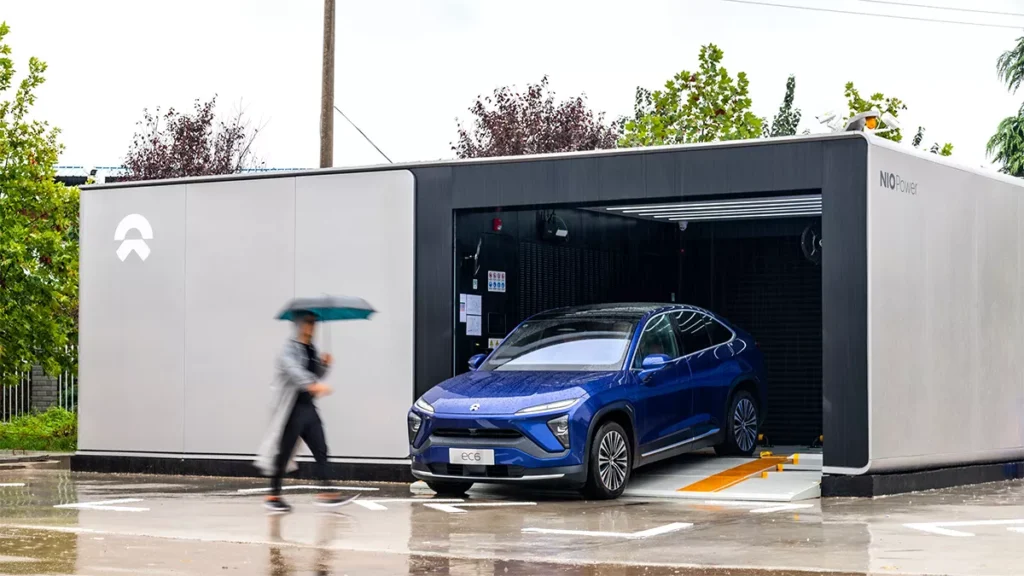
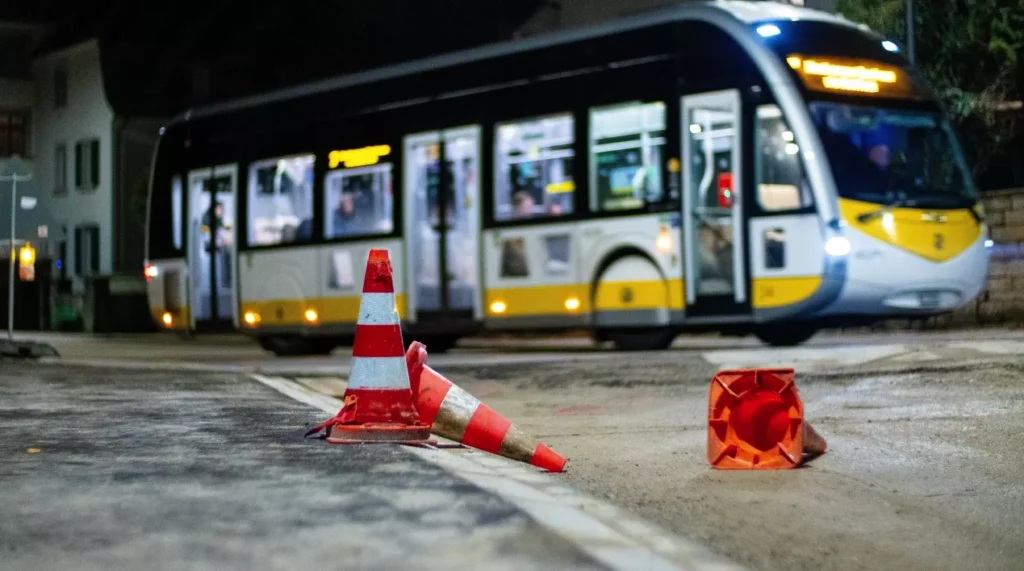
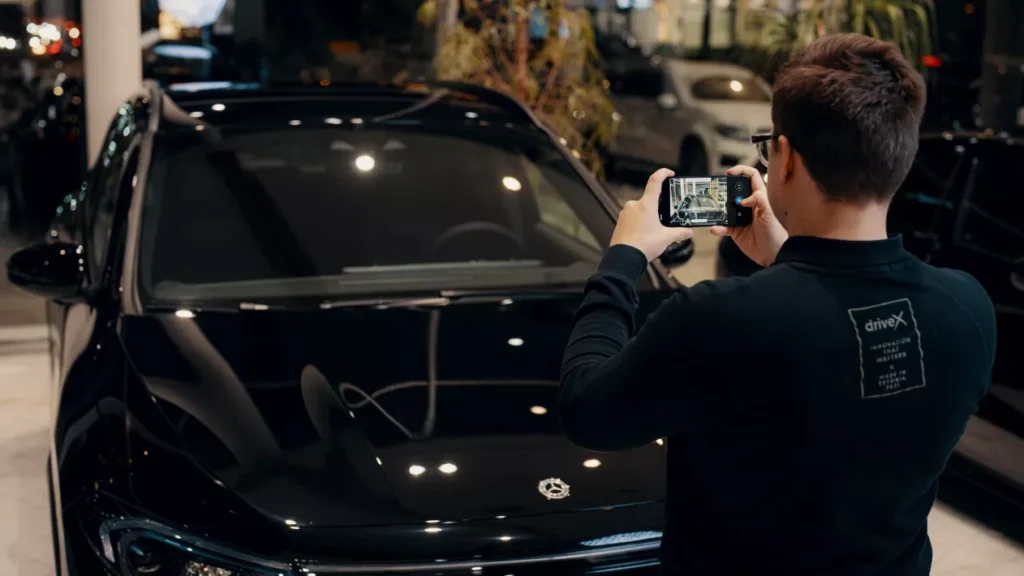
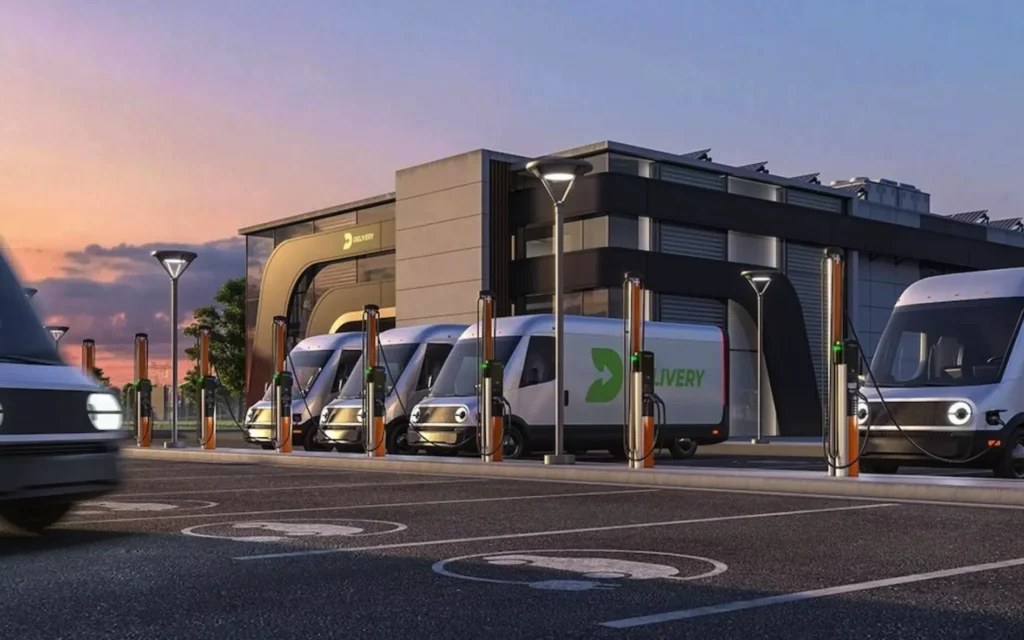





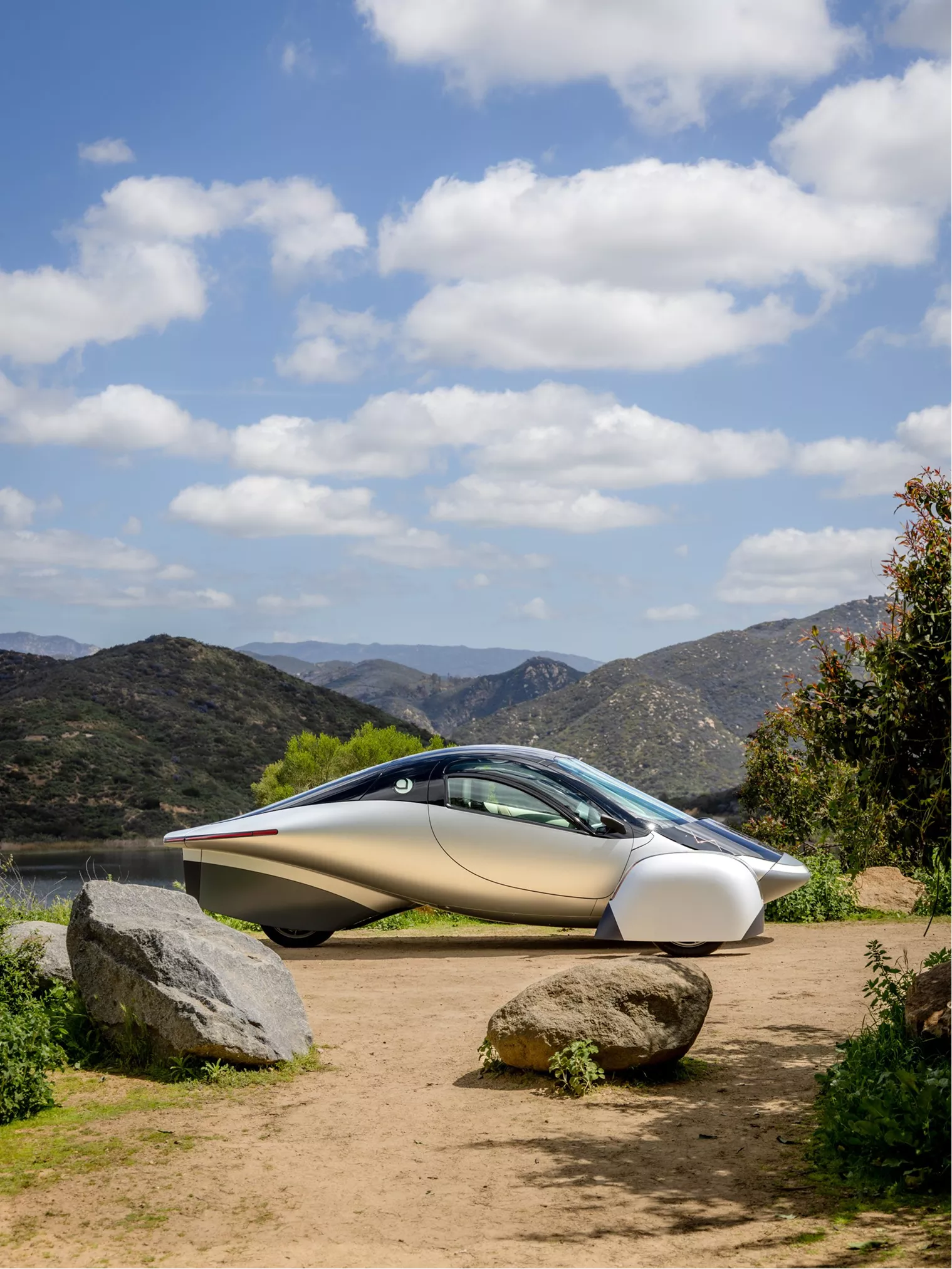
From EVs and batteries to autonomous vehicles and urban transport, we cover what actually matters. Delivered to your inbox weekly.
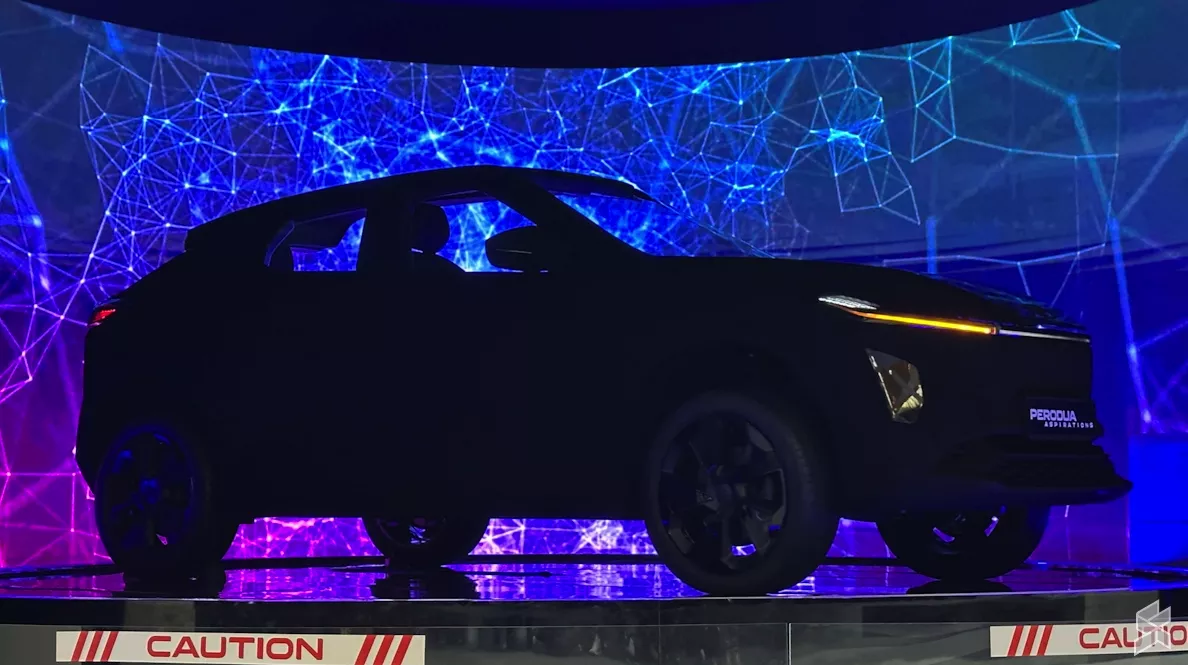
Perodua has unveiled its first electric vehicle prototype, previewing a domestically produced fastback designed for urban Malaysia.
The vehicle will enter production in Q4 2025 and launch with a battery leasing model — cutting upfront costs and bypassing the country’s weak consumer financing infrastructure for EVs.
This is not a concept car for tech expos. It’s a signal of how Malaysia intends to electrify:
Battery leasing removes the most expensive component from the vehicle’s purchase price. Instead of pushing buyers toward RM150,000 (approximately $31,700) EVs with subsidies, Perodua is engineering an electric car that can scale without them.
The design revealed at the Malaysia Autoshow 2025 shows a five-door fastback with simplified form factor, sized for national roads and urban density. No powertrain details were shared, but the architecture reflects modular intent: limited drivetrain complexity, constrained performance envelope, and full compatibility with low-voltage charging infrastructure.
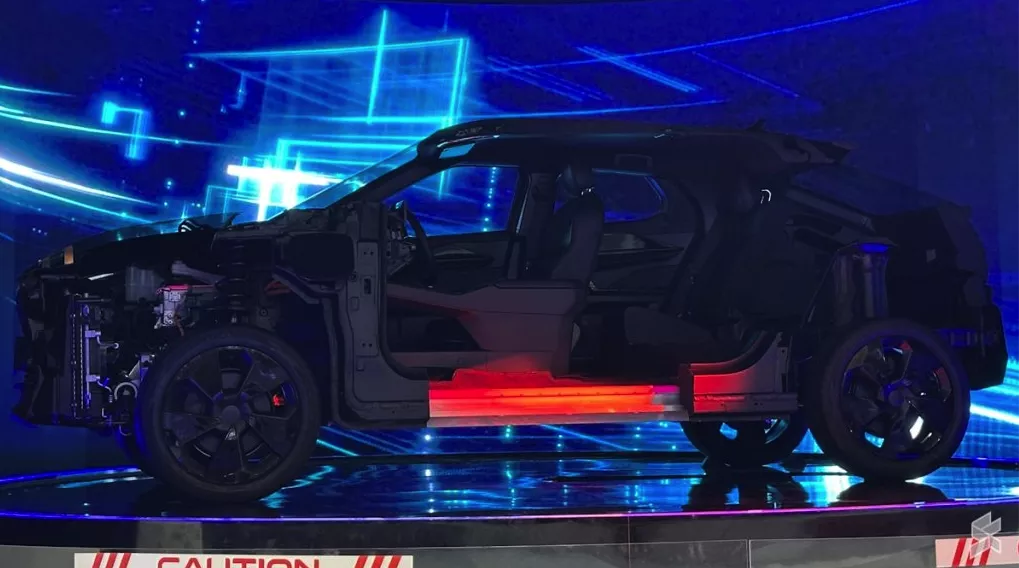
The vehicle will be assembled in Malaysia using a cost structure aligned with national industrial policy. Perodua’s move ends years of hybrid posturing and converts EV speculation into a manufacturing roadmap. Unlike regional competitors chasing premium EV aesthetics, Perodua is building for utility, not aspiration.
Malaysia has lagged behind Thailand, Indonesia, and Vietnam in EV deployment.
The path forward now runs through public-private coordination on pricing, infrastructure, and financing reform. Battery leasing becomes a policy instrument — shifting cost burdens away from consumers while building a recurring revenue layer for operators.
The prototype also repositions Perodua. Historically a value brand serving lower-income drivers, it now enters the EV sector with a model calibrated for early mass adoption. This will not be a high-performance product. It will be a volume chassis with total cost engineered to beat combustion on basic economics.
Perodua is not chasing Tesla. It’s replacing the Myvi.
Mass electrification will not begin with software-first platforms or performance tiers. It will begin with locally built EVs that cost less to own, are cheap to fix, and don’t require policy fantasy to survive. The Q4 timeline sets the clock.
Malaysia’s EV future won’t scale on aspiration. It will scale on margins.